HALLE (SAALE), Germany: As has been well established, the prevalence of periodontal disease globally remains quite high despite increased awareness of the importance of oral health. Though there are numerous treatment modalities available, each comes with its own drawbacks. A team of researchers has sought to change this, however, by developing flexible, biodegradable rods that can accurately deliver antibiotics to the diseased portions of the periodontium.
The researchers, from Martin Luther University Halle-Wittenberg, aimed to develop a drug delivery system that would provide improved local antimicrobial treatment of periodontal disease through improved drug stability, easier application and controlled release of the drug or drugs in question. Antibiotics are often administered in pill form, which can affect the whole body and lead to side effects such as nausea, abdominal pain and diarrhoea, as well as contribute to increased antibiotic resistance.
To counter this, the research group utilised pharmaceutical-grade polymers to produce small biodegradable rods that could slowly release a mixture of the antibiotic minocycline and magnesium stearate, a proven pharmaceutical excipient. The rods can be inserted directly into the gingival pocket of the periodontally compromised patient, and since the body can break them down, they do not have to be removed.
“The rods are much more effective in vitro than previous products on the market,” said Martin Kirchberg, co-author of the study and a research assistant at Martin Luther University’s Institute of Pharmacy. Kirchberg explained to Dental Tribune International that clinical testing of the rod is likely to occur quite soon, since the pharmaceutical ingredients are already commercially available.
“Currently we are in the planning phase of a clinical study,” said Kirchberg. “The extrudates are supposed to be produced in a hospital pharmacy under GMP [good manufacturing practice] conditions. Subsequently, these extrudates shall be made available to patients under the supervision of seasoned periodontists.”
The project was financially supported by the German state of Saxony-Anhalt with funds from the European Regional Development Fund.
The study, titled “Extrudates of lipophilic tetracycline complexes: A new option for periodontitis therapy”, was published online on 31 October 2019 in the International Journal of Pharmaceutics, ahead of inclusion in an issue.
Tags:
SÃO PAULO, Brazil: Plant-derived therapies are attracting growing interest in dentistry. A recent study evaluated morin, a naturally occurring flavonoid ...
CHICAGO, U.S.: Action to combat the overprescription of antibiotics and the consequent development of antibiotic-resistant bacteria is desperately needed. A...
BETHLEHEM, Pa., US: Aggressive forms of periodontitis associated with Aggregatibacter actinomycetemcomitans are often difficult to treat with traditional ...
VLADIVOSTOK, Russia: A group of histologists and dentists from the Far Eastern Federal University (FEFU) have collaborated with Russian and Japanese ...
LOS ANGELES, U.S.: Recent studies showing an increase in patients with periodontitis, as well as studies linking it with Alzheimer’s disease, have led to ...
ROOTS SUMMIT 2022 has been an event of deep learning, offering the latest takes on methodology and technology in endodontics. Dental Tribune International ...
TAIPEI, Taiwan: It can be challenging to treat patients with disabilities because of communication difficulty and poor behavioural control, for example, and...
RICHMOND, Va., U.S.: Oral care is known to be important, not only to protect one’s teeth, but also for overall health. A new study has shown that thorough...
MADISON, Wis., U.S.: The threat antibiotic-resistant pathogens pose to the global community is continuing to rise. With research showing that German ...
PORTLAND, Ore., USA: Researchers at the Oregon Health and Science University (OHSU) have developed a revolutionary process by which to engineer new blood ...
Live webinar
Wed. 4 March 2026
12:00 pm EST (New York)
Munther Sulieman LDS RCS (Eng) BDS (Lond) MSc PhD
Live webinar
Wed. 4 March 2026
1:00 pm EST (New York)
Live webinar
Wed. 4 March 2026
8:30 pm EST (New York)
Lancette VanGuilder BS, RDH, PHEDH, CEAS, FADHA
Live webinar
Fri. 6 March 2026
3:00 am EST (New York)
Live webinar
Mon. 9 March 2026
12:30 pm EST (New York)
Live webinar
Mon. 9 March 2026
3:00 pm EST (New York)
Live webinar
Tue. 10 March 2026
4:00 am EST (New York)
Assoc. Prof. Aaron Davis, Prof. Sarah Baker



 Austria / Österreich
Austria / Österreich
 Bosnia and Herzegovina / Босна и Херцеговина
Bosnia and Herzegovina / Босна и Херцеговина
 Bulgaria / България
Bulgaria / България
 Croatia / Hrvatska
Croatia / Hrvatska
 Czech Republic & Slovakia / Česká republika & Slovensko
Czech Republic & Slovakia / Česká republika & Slovensko
 France / France
France / France
 Germany / Deutschland
Germany / Deutschland
 Greece / ΕΛΛΑΔΑ
Greece / ΕΛΛΑΔΑ
 Hungary / Hungary
Hungary / Hungary
 Italy / Italia
Italy / Italia
 Netherlands / Nederland
Netherlands / Nederland
 Nordic / Nordic
Nordic / Nordic
 Poland / Polska
Poland / Polska
 Portugal / Portugal
Portugal / Portugal
 Romania & Moldova / România & Moldova
Romania & Moldova / România & Moldova
 Slovenia / Slovenija
Slovenia / Slovenija
 Serbia & Montenegro / Србија и Црна Гора
Serbia & Montenegro / Србија и Црна Гора
 Spain / España
Spain / España
 Switzerland / Schweiz
Switzerland / Schweiz
 Turkey / Türkiye
Turkey / Türkiye
 UK & Ireland / UK & Ireland
UK & Ireland / UK & Ireland
 Brazil / Brasil
Brazil / Brasil
 Canada / Canada
Canada / Canada
 Latin America / Latinoamérica
Latin America / Latinoamérica
 USA / USA
USA / USA
 China / 中国
China / 中国
 India / भारत गणराज्य
India / भारत गणराज्य
 Pakistan / Pākistān
Pakistan / Pākistān
 Vietnam / Việt Nam
Vietnam / Việt Nam
 ASEAN / ASEAN
ASEAN / ASEAN
 Israel / מְדִינַת יִשְׂרָאֵל
Israel / מְדִינַת יִשְׂרָאֵל
 Algeria, Morocco & Tunisia / الجزائر والمغرب وتونس
Algeria, Morocco & Tunisia / الجزائر والمغرب وتونس
 Middle East / Middle East
Middle East / Middle East

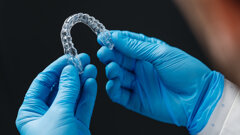
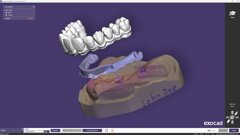

















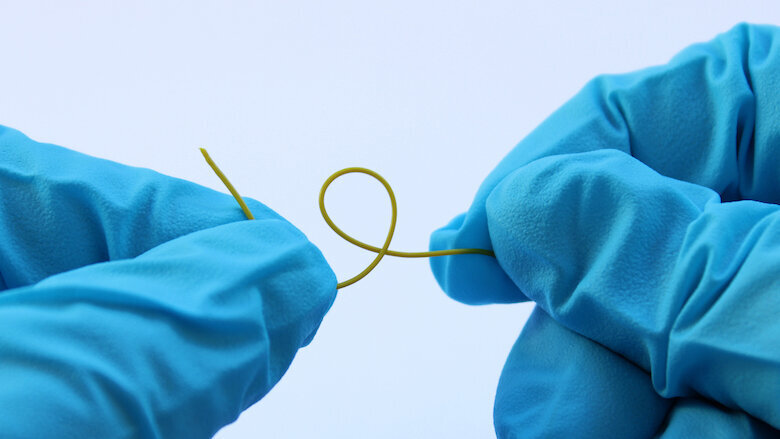





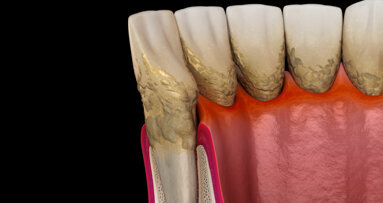

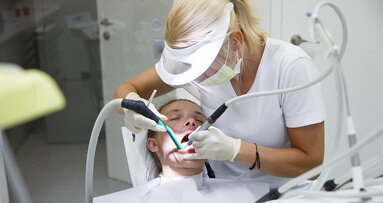

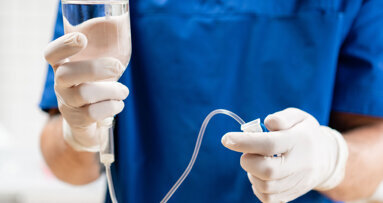
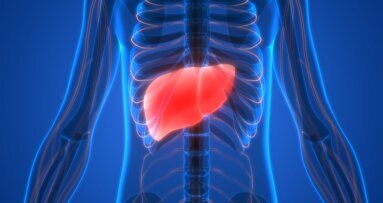

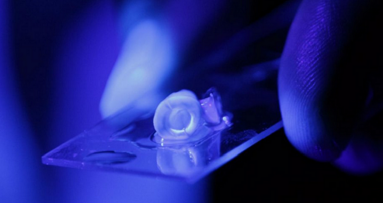









To post a reply please login or register